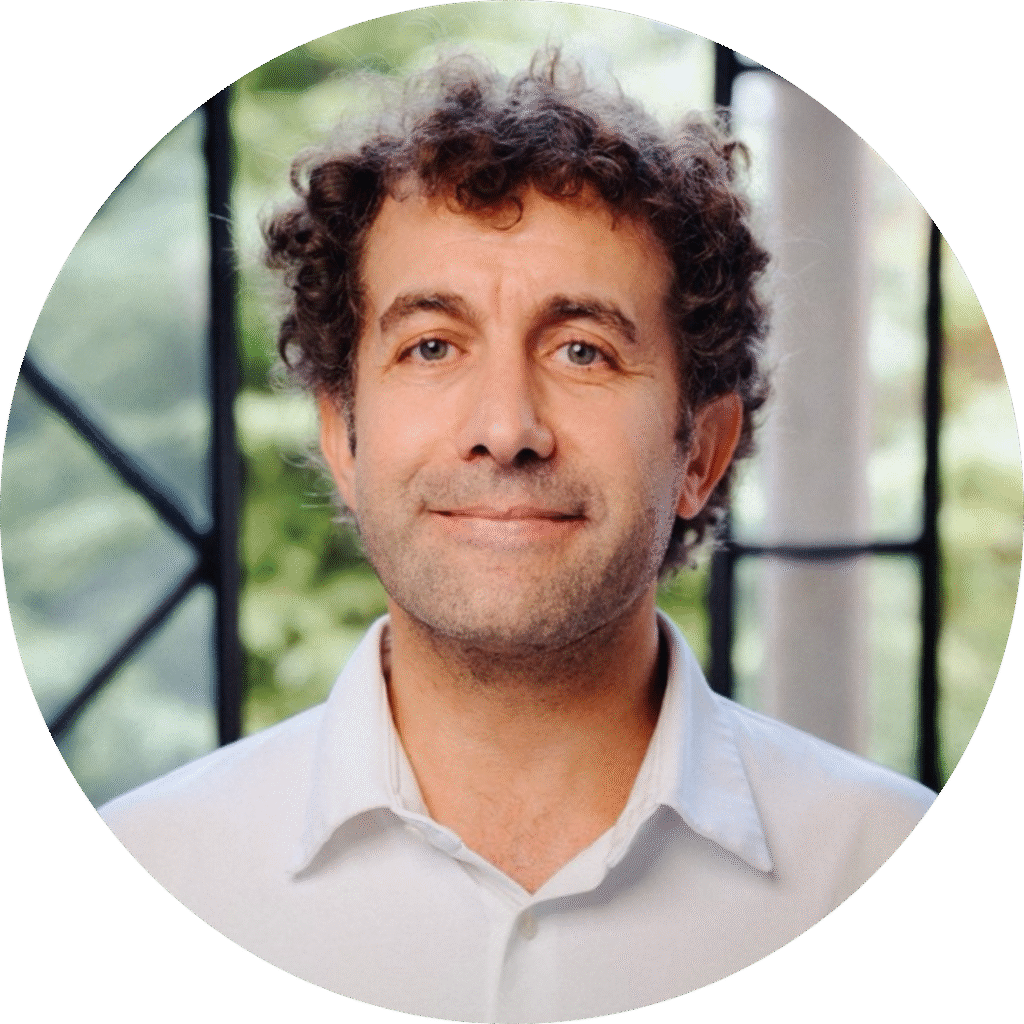As a PhD candidate at UMC Utrecht, Winni Schalkwijk investigates how epigenetic biomarkers can shed light on key mechanisms underlying youth mental health. Her work focuses on immune-related resilience pathways and how environmental challenges shape long-term mental health trajectories through epigenetic programming. As part of the Youth-GEMs project, Winni undertook a multi-month research visit across several leading UK institutions. A research visit is a temporary stay at another academic or research institute, designed to foster collaboration, access new expertise, and support scientific and professional growth.
In the following blog Winni share’s her experiences, collaborations, and scientific progress during her time in the UK.
My experience with Youth-GEMs research visit (by Winni Schalkwijk)
During the first half of my research visit (March-April) I have worked on formulating my research plans, on the two research projects in which we
(1) apply epigenetic immune markers to study immune-mental health relations from a developmental perspective, and
(2) develop novel immune biomarkers based on shared variation between inflammatory proteins, using a machine learning approach.
I have had several brainstorm sessions and informative discussions with researchers in Bristol who are working on multi-omics disease prediction and immunopsychiatry and I have been attending regular seminars and group meetings on molecular epidemiology.
In the meantime, I have been working on gaining data access to the Avon Longitudinal Study of Parents And Children (ALSPAC) cohort for this project: a longitudinal birth cohort with repeated measurements of epigenetics and mental health, as well as environmental risk exposures. This rich dataset really allows us to look at associations over the life course.
In Bristol I have met with a lot of fellow PhD students working on related topics and methods. And I got to explore Bristol and its surroundings by bicycle!
I attended the Epigenomics of Common diseases conference at the Wellcome Genome Campus near Cambridge. During this conference, I presented a poster on the findings from my literature review on previous studies using epigenetic biomarkers of inflammation to investigate mental health.
In April I visited the group of Robin Murray at the King’s College in London to learn more about their research on cannabis use and adverse childhood experiences and psychosis, exchanging research ideas.
The second half of the visit
During the second half of my research visit (May-June-July) I followed courses at the Bristol University on reproducible health data sciences and programming for machine learning. In addition, I visited both our consortium partners in Cardiff University and Exeter University.
In Cardiff, I met with Lucy Riglin and the PhD students working in her group at the Wolfson Centre for Young People’s Mental Health. Based on Lucy’s experience in developmental psychology and with the ALSPAC dataset we together further improved my research plans to investigate mental health across three developmental stages: childhood, adolescence and young adulthood.
The week after, I presented my previous research findings on interpersonal stress, epigenetic indices of inflammation and depressive symptoms exploring associations from adolescence to young adulthood at the European Social Science Genetics Network conference in Bristol. We achieved data access to the ALSPAC cohort, so I could make a start with exploring the data and preparing our analyses.
Mid-June I visited the group of Jonathan Mill at the University of Exeter. I learned about the research on epigenomics of the developing human brain they are performing for WP4.
I attended a conference of the Functional Genomics Initiative and I stayed with Philippa Wells, who is the main researcher on the Youth-GEMs project in Exeter analysing chromatin states in the brain at different ages. She kindly arranged a range of wonderful activities: exploring Dartmoor National Park, the South-West Coastal path and concluding my visit with a sea swim! I presented my research project for the group in Exeter and received some helpful feedback.
Back in Bristol, I am now performing data analysis. At the end of June, I also attended a conference from the European Society of Child and Adolescent Psychiatry (ESCAP) where I gave a presentation on the potential of epigenetic biomarkers of inflammation for developmental insights into mental health problems.
My thoughts on the experience
Overall, the research visit has proven to of a major importance and value for my research project as well as for myself as a developing researcher, learning from experts in the field and exchanging ideas. I have found it to be both fun and enriching to explore different universities, cities, culture and nature areas across the UK. It has been a wonderful networking experience to meet up with consortium partners, strengthening our collaboration.

Winni Schalkwijk
PhD Student Epigenetics & Mental Health | UMC Utrecht

Artwork on youth mental health on the streets of Bristol

Picture from London where I visited King’s College London

View on the Avon Gorge in Bristol
































































